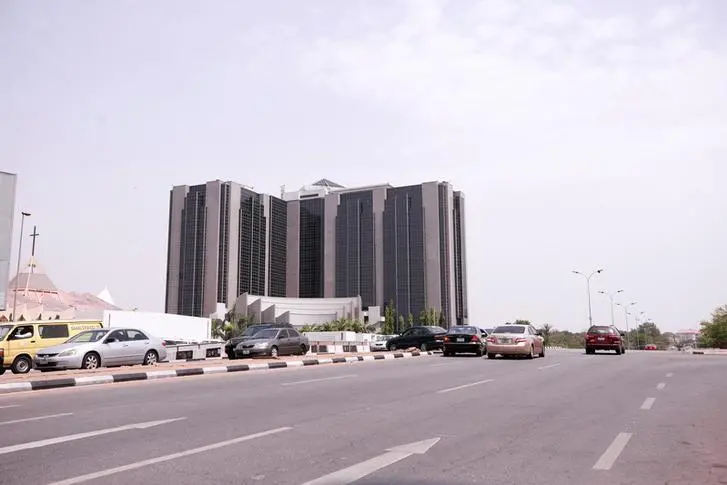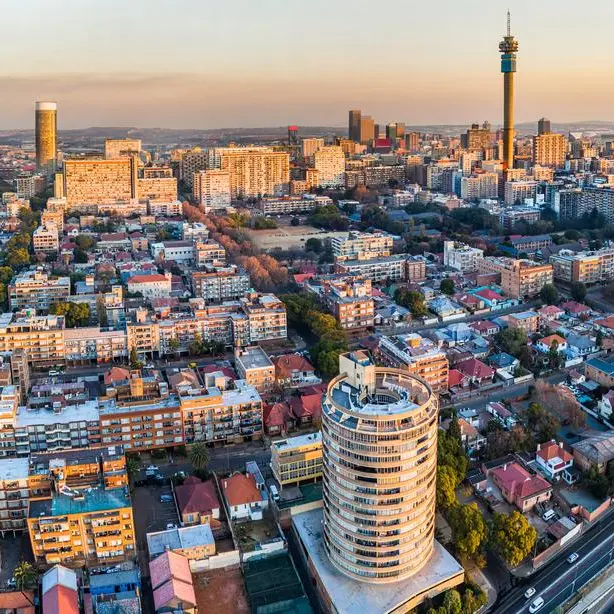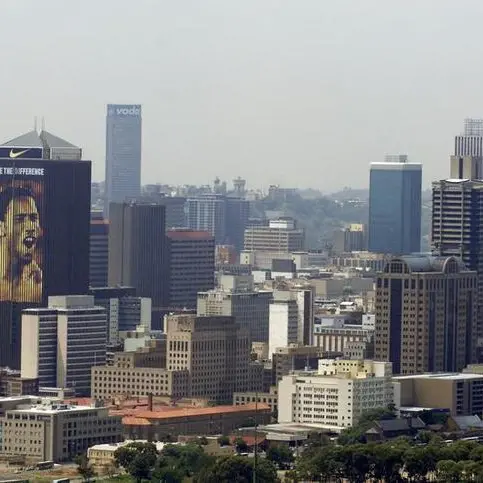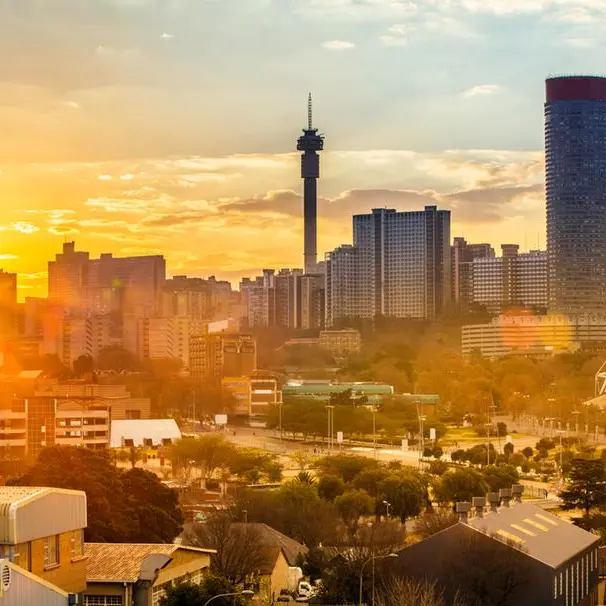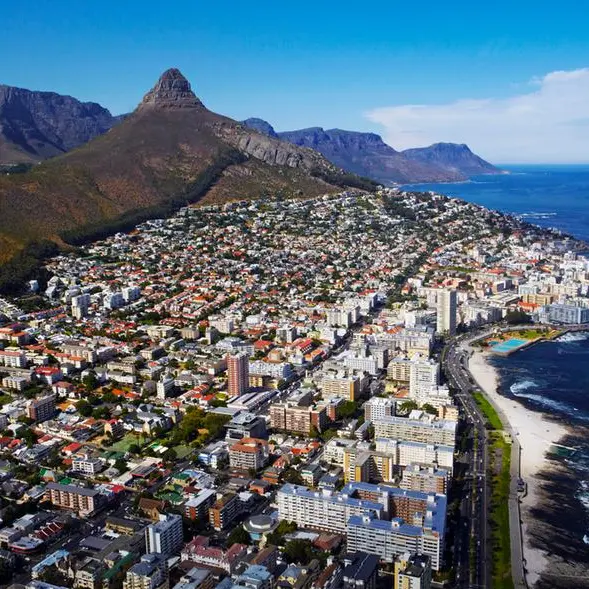PHOTO
International Money Transfer Operators (IMTOs) have successfully remitted approximately $600 million into the nation’s coffers as of the end of September due to the concerted efforts of the Central Bank of Nigeria (CBN) to boost foreign exchange inflows into the country.
Olayemi Cardoso, CBN Governor stated this at a “fireside” event during the just concluded Nigeria Economic Summit (NES30), organised by the Nigeria Economic Summit Group (NESG).
Cardoso who disclosed this to policymakers, economists, and industry stakeholders, added that the substantial growth in remittance volumes occurred after the CBN’s focused initiatives began.
He said, “When we started, the volumes going through remittances from overseas were about $200 million, and as of the end of September, we are almost at $600 million.”
The CBN Governor chronicled the apex bank’s strategic engagement with international operators, which he noted was crucial for overcoming operational hurdles, and recalled his meetings in Washington during the spring sessions, where he interacted with various IMTOs from around the world.
He stated, “We engaged them extensively, understood their problems, and overhauled operations to make it easier for them to get their licenses and operate.”
Cardoso explained that this initiative, aimed at streamlining processes for IMTOs, has evidently fostered a substantial uptick in remittance volumes, benefiting the Nigerian economy with much needed foreign exchange.
He noted the need to tackle foundational economic issues in Nigeria as “There is no substitute for the fundamentals of the economy,” stressing that for Nigeria to attain sustainable growth, efficient functioning of key economic engines is now imperative.
Cardoso reiterated that building robust institutions is vital, alongside balancing demand and supply to ensure a stable economic environment.
He urged stakeholders to commit fully to the diversification focal point of his economic vision, while acknowledging the importance of monetary policy in stabilising the economy.
He, however, argued that such policies should not be viewed as replacements for solid economic fundamentals because “Taming inflation is key as it significantly reduces purchasing power and deters investment.”
The CBN Governor reiterated that controlling inflation is essential for engendering robust economic growth and stimulating productive sector activities.
He expressed optimism about the ongoing recapitalization process within the banking sector, noting, “The road towards recapitalization seems to be going in the proper direction,” and acknowledged that some institutions are still working to raise capital but reiterated confidence in their eventual success.
According to him, the CBN is stepping up its banking supervision capabilities to enable banks navigate the prevailing economic challenges while maintaining stability.
Also, he restated commitment to boosting the CBN’s institutional capacity, noting the necessity of building an efficient central bank recognized globally.
“We need to build capacity within the bank, give responsibility, and ensure that the CBN is an institution that can compete with the best central banks worldwide,” he said. This goal he argued aligns with his vision of focusing more on policy development rather than routine operations,” Cardoso stated.
Recalling the past interventions of the CBN, Cardoso noted that some initiatives require completion and a careful allocation of resources, explaining that “The pool of intervention money is not infinite.”
He stressed that existing programmes must be finalised before the launch of new initiatives, stating that the CBN is collaborating with development banks, such as the Bank of Industry (BOI), to nurture the needed capabilities for managing future interventions effectively.
Cardoso restated the CBN’s unwavering commitment to bolstering economic growth while ensuring the resilience of nation’s financial system, and highlighted, “With time, we will find the appropriate model that will ensure sustainable economic progress without jeopardising the stability of the financial system.”
Copyright © 2022 Nigerian Tribune Provided by SyndiGate Media Inc. (Syndigate.info).
